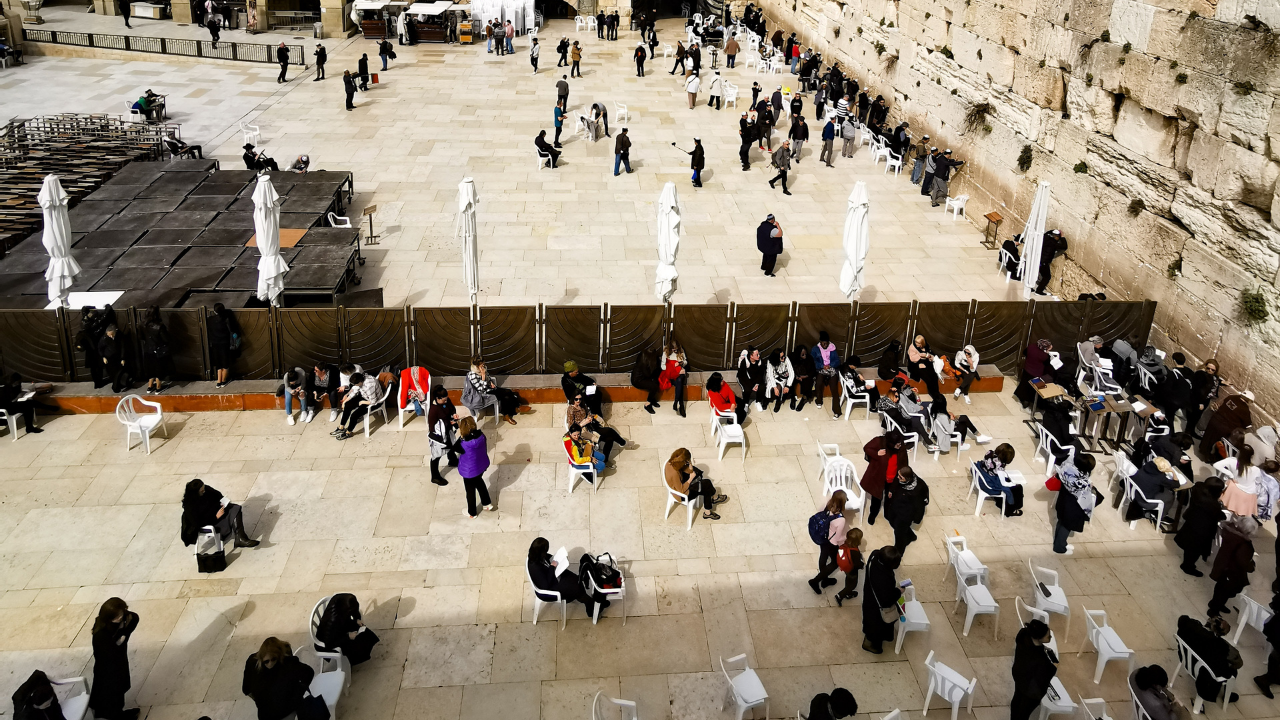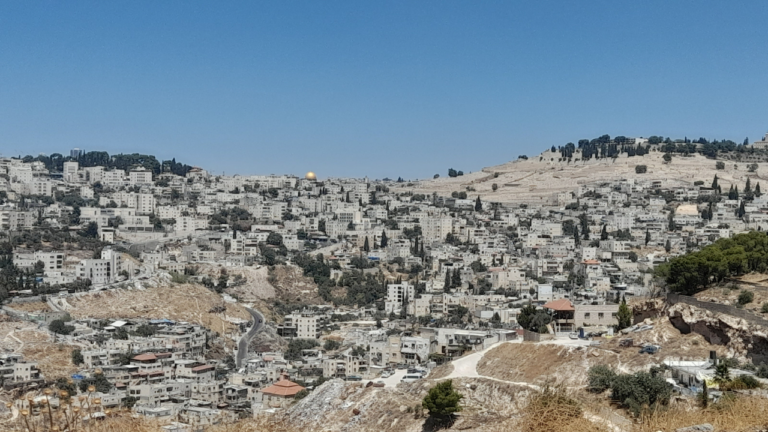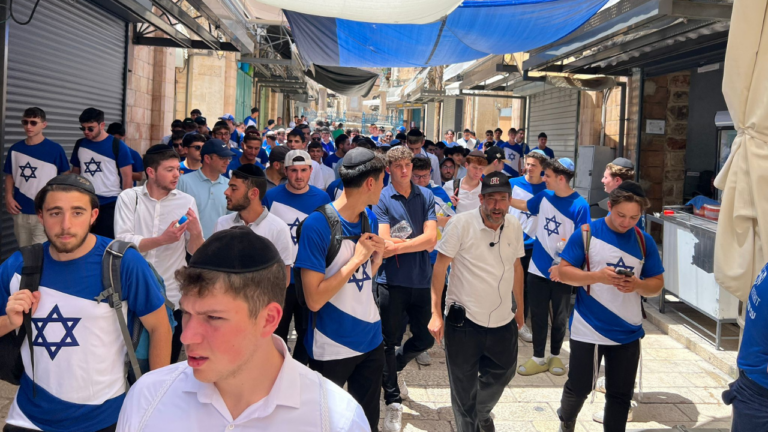The Details of Jerusalem
Our parsha opens with a charge for us to remember the significance of even the smallest details of our lives. Moshe tells them that the Jewish people will receive divine love and blessing if:
And if you do obey (eikev tishm’un). these rules and observe them carefully, Hashem your God will maintain faithfully for you the covenant that He made on oath with your fathers.
Rashi comments that the Torah’s unusual word-choice of eikev is a coded reference to the “minor mitzvot that a person treads upon with his feet.” God’s love and blessing demands that we behave properly in even the minutest details of our lives.
But how is a person supposed to develop this mindset? It is natural for us to pay attention to the “big events” in our lives. We are more likely to concentrate at the concluding prayers of Yom Kippur than for a weekday Mincha. However, many people develop routines and go onto a form of automatic mode for large parts of an ordinary day. How can we make sure that we appreciate the preciousness and opportunity of every moment, mitzvah or activity?
One approach to this quandary can be gained through an analysis of the service of the Beit HaMikdash and a characteristic of Yerushalayim. When one brings a korbon, there are several stages of the process that are considered significant from a halachik perspective and require proper intentions. Understandably, these stages include the actual killing of the animal, the catching of the blood in a vessel and the sprinkling of the blood on the altar. Interestingly, though, the Talmud mentions “walking” with the blood to the altar in order to sprinkle it as a legally significant stage. Just as an improper intention while sprinkling the blood renders the korbon invalid, the same is true for the stage of “walking.”
What is the rationale behind this? Walking with the blood would seemingly be an insignificant part of the process, merely a means of having the blood close to the altar to facilitate the sprinkling? Why imbue it with its own unique and significance status?
One powerful explanation is that when one is in Yerushalayim and doing a service within the Beit HaMikdash, one is standing in the presence of God. God is the ultimate source of meaning. Therefore, any action performed in the presence of God, no matter how seemingly functional and insignificant, becomes imbued with inherent significance. In the presence of God, everything matters.
Perhaps the lesson of our parsha is to try to generalize this experience from Yerushalayim to our daily lives. While in Yerushalayim and in the more direct presence of God, it is easier for us to realize that while standing before God, everything that we do matters and we should never regress into an automated routine. The challenge that Moshe sets before the Jewish people in our parsha is to take this Yerushalayim-experience and develop a mindset of “I place God before me at all times.” If we constantly live in God’s presence, we will naturally view every aspect of our lives with the seriousness that it deserves.



